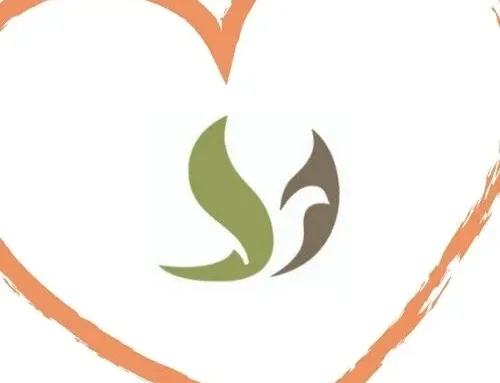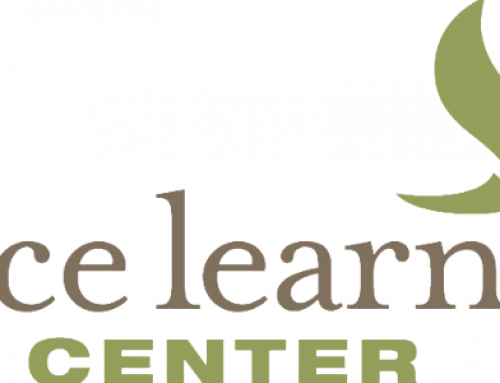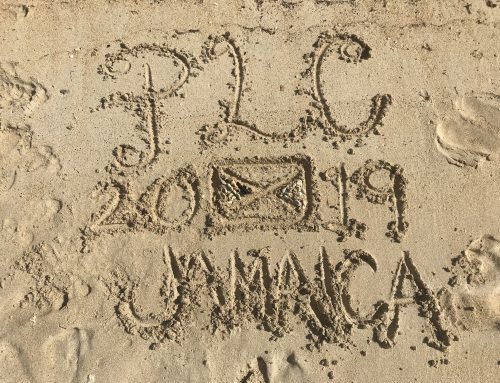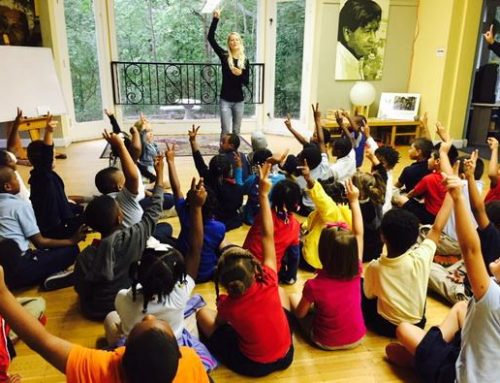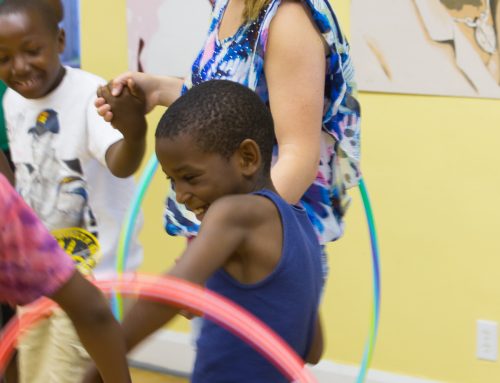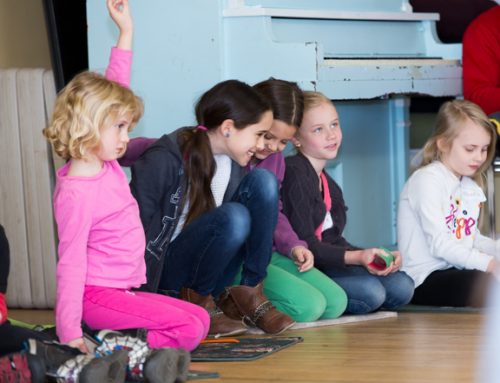This statement comes from Peace Learning Center’s Board Chair and Executive Director.
We the Peace Learning Center would like to extend our deepest sympathies to all of the families and communities affected directly and indirectly by the recent traumatic events. Our country is enraged and hurting over the injustices, racial tension, police brutality and insensitivity we have all been bombarded through countless media outlets. No place is sheltered from these events.
Social alertness and social identities are directly connected with the level of identity one has with a particular social group. These identities influence how we engage in, connect to and process different spaces and environments. Events (especially violent ones) involving a particular social group will have a greater impact if your social identity is higher with that particular group than people within other groups; it is natural to feel these events directly impact you.
Conversations about these issues will not be easy. In fact, conversations and dialogues will be challenging and uncomfortable. However, we must not be insensitive or ignorant in our communications, comments or questions surrounding these traumatic events. We must remember we are one society, one nation with many spaces filled with different people with a common thread; love.
Love involves promoting open safe dialogues where all questions and feelings are valid. Peace Learning Center has always been concerned with neighborhood and family violence and committed to promoting peace building and conflict resolution among all communities and groups in Indiana. Our mission is to educate, inspire, and empower people to live peacefully by building communities of peace where respect is primary and justice is real. Adhering to our mission, we adamantly believe peaceful protests and safe dialogues are a must.
Peaceful and proactive efforts should be the focus of our entire community moving forward. To prevent further tragedies efforts should be focused on helping our elected officials create legislative efforts that improve and promote social justice. Conflict mediation and resolution training should be a part of the curriculum at all of our K-12 institutions and youth serving organizations as the key to a more united less violent society starts with our youth. For an example, we must consider new paradigms to address our current problems with violence.
Restorative justice replaces our emphasis on punishment for bad behavior with a system for dialogue and action that helps people learn new ways to deal with problems that now result in school suspensions, expulsions and even jail time. Instead of asking a youth, “What’s wrong with you?” we should ask, “What happened to you?” Imagine when faced with misbehavior, you see the teachable moment to help that youth. When a student does not know math, we teach them math. If that student does not know how to behave, we punish them.
Restorative justice replaces our emphasis on punishment for bad behavior with a system of dialogue and action that helps people learn new ways to deal with problems that currently result in school suspensions, expulsions and even jail time.
But this cannot just start at school – it must start at home, in our own communities…with each other. We must learn to manage our anger, solve problems using non-violent strategies and communication, and learn to develop an appreciation for differing opinions and perspectives. Peace Learning Center helps schools, communities, nonprofits, businesses, juvenile correction facilities, faith based groups and others from all spaces of our society obtain peace, justice and understanding by modelling the behaviors; using community collaboration to address social issues; and providing services in conflict resolution, diversity inclusion and cultural competency training. Everyone can be a peacemaker!
